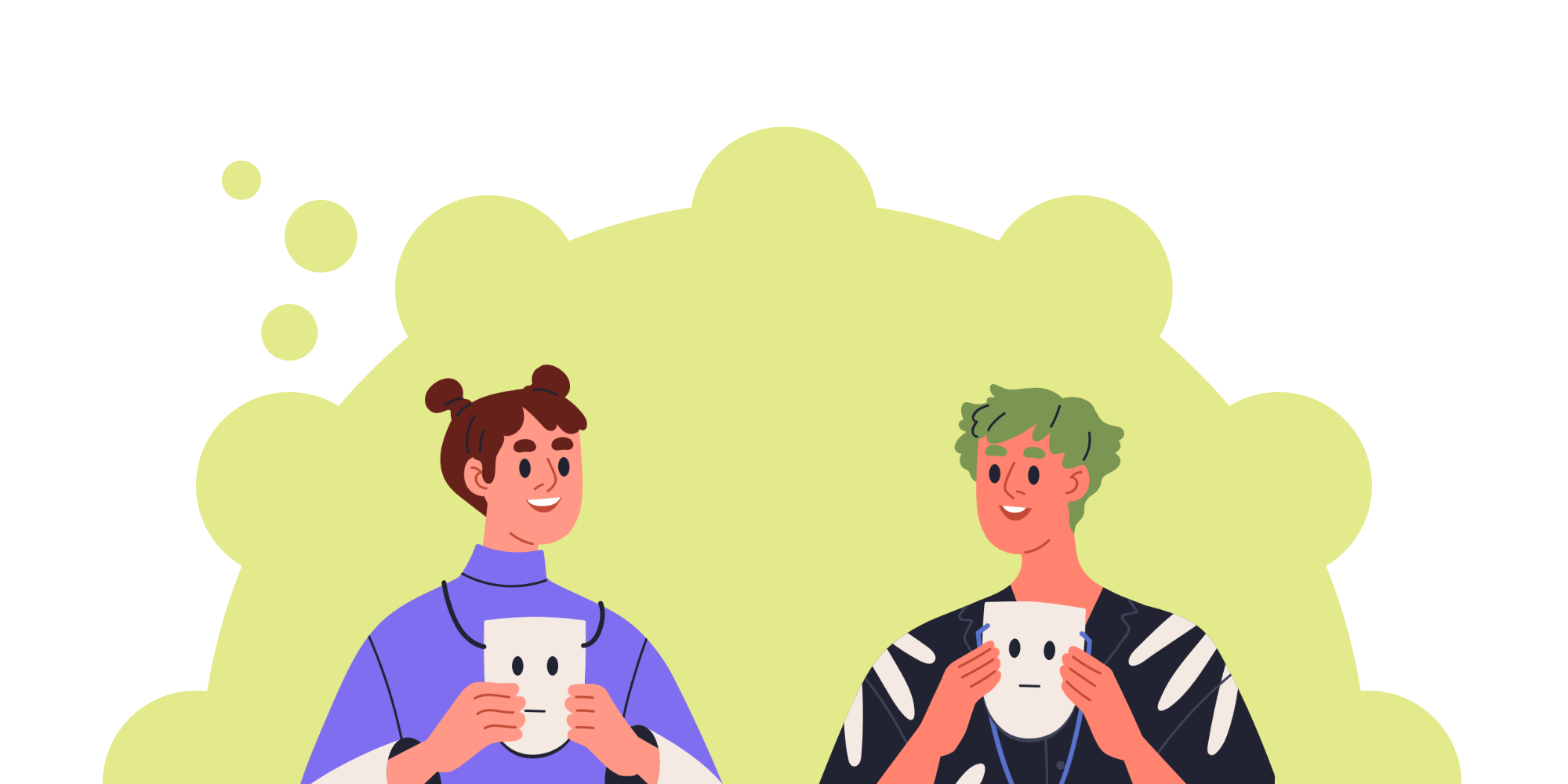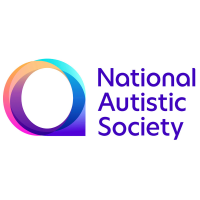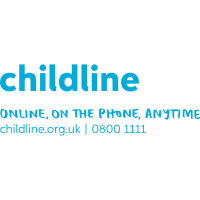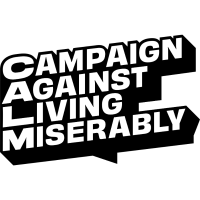The following information aims to help individuals understand:
What is Autistic Masking?
- Forcing eye contact during conversations
- Researching social rules before events
- Repeating phrases exactly as someone else has said them
- Creating scripts to use in social situations
- Watching others and then mimicking their behaviours (words, gestures, expressions etc)
- Practising facial expressions or body language
- Hiding special interests or pretending to like topics others enjoy
- Suppressing stimming behaviours
- Being overly aware of others’ impressions
- Forcing eye contact during conversations
- Researching social rules before events
- Repeating phrases exactly as someone else has said them
- Creating scripts to use in social situations
- Watching others and then mimicking their behaviours (words, gestures, expressions etc)
- Practising facial expressions or body language
- Hiding special interests or pretending to like topics others enjoy
- Suppressing stimming behaviours
- Being overly aware of others’ impressions
- Distressed behaviour, including meltdowns and/or shutdowns (often only expressed when it can’t be held in any longer or when the individual feels safe enough in their environment to do so, such as when they get home from school)
- Being more vulnerable to abuse
- A loss of sense of self
- Mental and physical exhaustion (which can lead to autistic burnout)
- Mental health difficulties (including increased suicidality and/or self-harm)
- Isolation and/or feeling disconnected from other people
- Low self-esteem
- Distressed behaviour, including meltdowns and/or shutdowns (often only expressed when it can’t be held in any longer or when the individual feels safe enough in their environment to do so, such as when they get home from school)
- Being more vulnerable to abuse
- A loss of sense of self
- Mental and physical exhaustion (which can lead to autistic burnout)
- Mental health difficulties (including increased suicidality and/or self-harm)
- Isolation and/or feeling disconnected from other people
- Low self-esteem
Unmasking autism can allow you to let go of behaviours and mannerisms that you have adopted to be considered more socially accepted by others, but that don’t reflect your natural instincts and preferences.
It may also allow you to protect your energy levels, as it can be an extremely exhausting process. Unmasking could also help prevent difficulties with identity formation, create a sense of authenticity, and reduce mental health difficulties.
Here are some tips for unmasking:
Figure Out Your Own Pace
Unmasking can be very positive, but it’s also difficult. It’s okay to take it slow.
Remember to take your safety into account.
Your mask will protect you until you’re ready to set it aside.


Figure Out Your Own Pace
Unmasking can be very positive, but it’s also difficult. It’s okay to take it slow.
Remember to take your safety into account.
Your mask will protect you until you’re ready to set it aside.


Think About What You’re Like When You’re Alone
Notice how you behave when you’re alone and know you won’t be interrupted.
Pay attention to your emotions too. When people aren’t around you might feel more relaxed; why is that?
Or you might be less perky because you don’t feel the need to pretend. You might stop smiling constantly. Not every difference is going to be massive.
Notice the Behaviours You Do For Other People
On the flip side, think about the things you do for other people.
If the only reason you do something is because you feel like you should or because you’re afraid of what will happen if you don’t, it’s going to be hard to find your self-expression.
Awareness is an important step in separating your true behaviours from the accommodations you’ve made to appease the people around you.


Notice the Behaviours You Do For Other People
On the flip side, think about the things you do for other people.
If the only reason you do something is because you feel like you should or because you’re afraid of what will happen if you don’t, it’s going to be hard to find your self-expression.
Awareness is an important step in separating your true behaviours from the accommodations you’ve made to appease the people around you.
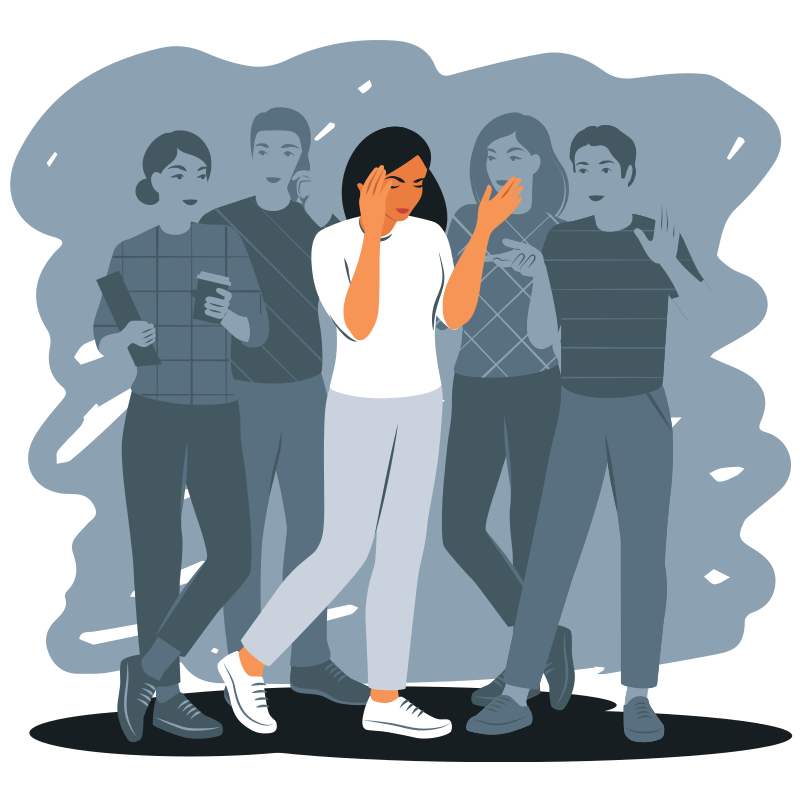
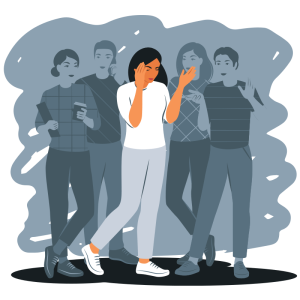
Recognise Internalised Ableism
If you’re really letting yourself behave the way that feels natural, you might find some of the behaviours that come out are uncomfortable at first. This doesn’t mean they’re not natural though.
Remember that ‘socially acceptable’ is a concept constructed by people with entirely different brains and you didn’t sign a contract to live like that forever.
Let Yourself Rediscover Your Passion
So often, neurodivergent people are told that their interests are irrelevant or that they are a waste of time. But special interests and hyper-focuses are fantastic sources of creativity and joy.
Learning how to let yourself take true pleasure in these activities is a fantastic way to learn about your true self.
Joy and passion can provide a great deal of healing, so it’s important you don’t deny yourself this chance to grow and recover.
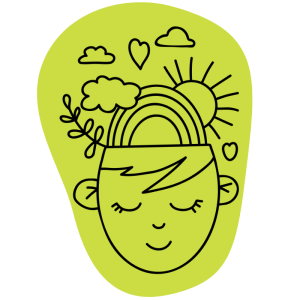

Let Yourself Rediscover Your Passion
So often, neurodivergent people are told that their interests are irrelevant or that they are a waste of time. But special interests and hyper-focuses are fantastic sources of creativity and joy.
Learning how to let yourself take true pleasure in these activities is a fantastic way to learn about your true self.
Joy and passion can provide a great deal of healing, so it’s important you don’t deny yourself this chance to grow and recover.

Find a Neurodivergent Community
Spending time with people who understand your neurotype and the difficulties of being neurodivergent can be very healing. They can help you unmask because they can provide a safe space to do it where you will feel freer to express yourself.
Unmasking is hard. Partially because the people who only know the masked you might find the change jarring. So, it’s important that you have a community who can validate your authenticity.
There’s no one right way to find your neurodivergent people. It can be centred around a mutual special interest or just around your neurodivergence. The only important part is that people are affirming of the neurodivergent identity.
Remember that ‘socially acceptable’ is a concept constructed by people with entirely different brains and you didn’t sign a contract to live like that forever.
Get Professional Support
Self-expression is hard, but the effort is worth the fight.
You deserve to live as your authentic autistic self, and professionals will help you get there.


Get Professional Support
Self-expression is hard, but the effort is worth the fight.
You deserve to live as your authentic autistic self, and professionals will help you get there.

Get Excited About Your Unmasking Journey!
You will learn so much about yourself through unmasking. Enjoy it - not every autistic person knows they are autistic and that they can unmask.
Show off your authentic autistic self to the world! Not everyone will accept the unmasked you and that’s okay.
UNMASKING
Some examples what of unmasking looks like:
- Responding genuinely to a question instead of overthinking the ‘correct’ response should be.
- Explaining to others when you need to leave a social situation with no shame
- Telling others about sensory needs
- Giving yourself permission to be blunt and direct
- Avoiding eye contact if it makes you feel uncomfortable
- Stimming
- Responding genuinely to a question instead of overthinking the ‘correct’ response should be.
- Explaining to others when you need to leave a social situation with no shame
- Telling others about sensory needs
- Giving yourself permission to be blunt and direct
- Avoiding eye contact if it makes you feel uncomfortable
- Stimming
For helpful links, resources, articles and support for autistic people and their families.
For helpful resources and support around mental health. You can also call them on 0300 123 3393 or text 86463 (9am-6pm on weekdays).
Mental health charity for young people. They also have a parent helpline on 0808 802 5544 (9:30am-4pm on weekdays).
For helpful links, resources, articles and support for autistic people and their families.
For helpful resources and support. You can also call them on 0300 123 3393 or text 86463 (9am-6pm on weekdays).
Mental health charity for young people. They also have a parent helpline on 0808 802 5544 (9:30am-4pm on weekdays).
A free helpline for anyone struggling to cope. Call 116 123 (24 hour support) to talk to Samaritans, or email: [email protected] for a reply within 24 hours
24/7 text-based crisis support. Text “SHOUT” to 85258. Their website also has lots of information to help understand suicidal thoughts and to prevent acting on these.
For under 19’s with either online or over the phone support using 0800 1111 (Calls do not appear on phone logs).
A free helpline for anyone struggling to cope. Call 116 123 (24 hour support) to talk to Samaritans, or email: [email protected] for a reply within 24 hours
24/7 text-based crisis support. Text “SHOUT” to 85258. Their website also has lots of information to help understand suicidal thoughts and to prevent acting on these.
For under 19’s with either online or over the phone support using 0800 1111 (Calls do not appear on phone logs).
Call on 0800 58 58 58 (5pm–midnight every day) if you're affected by suicide or suicidal thoughts. If you’d prefer not to speak on the phone, you can try their webchat service.
For under 19’s with either online or over the phone support using 0800 1111 (Calls do not appear on phone logs).
Call on 0800 58 58 58 (5pm–midnight every day) if you're affected by suicide or suicidal thoughts. If you’d prefer not to speak on the phone, you can try their webchat service.
For under 19’s with either online or over the phone support using 0800 1111 (Calls do not appear on phone logs).
Related Blog Articles
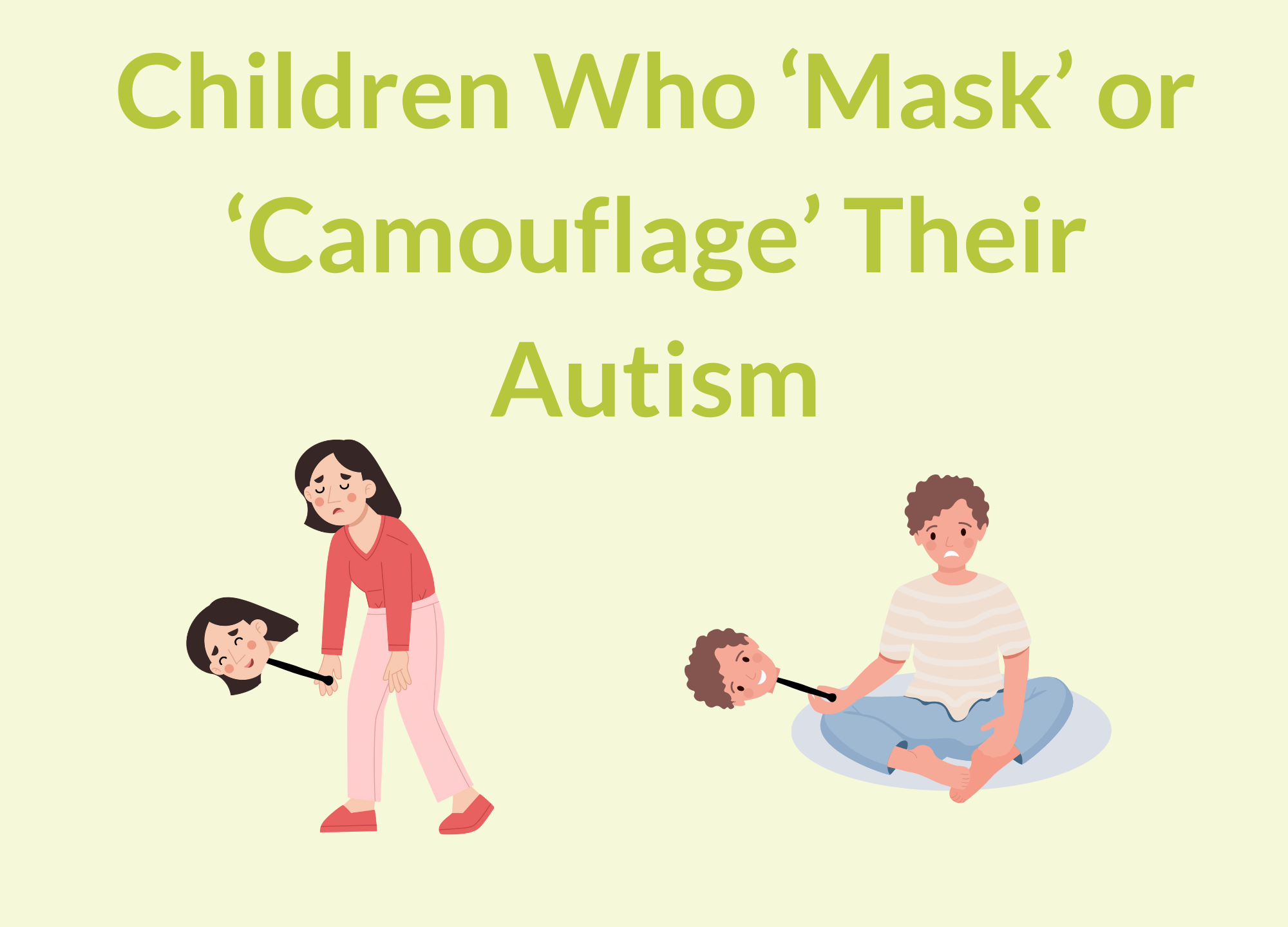
Children Who ‘Mask’ or ‘Camouflage’ Their Autism

It’s Not Only Girls Who Can Mask
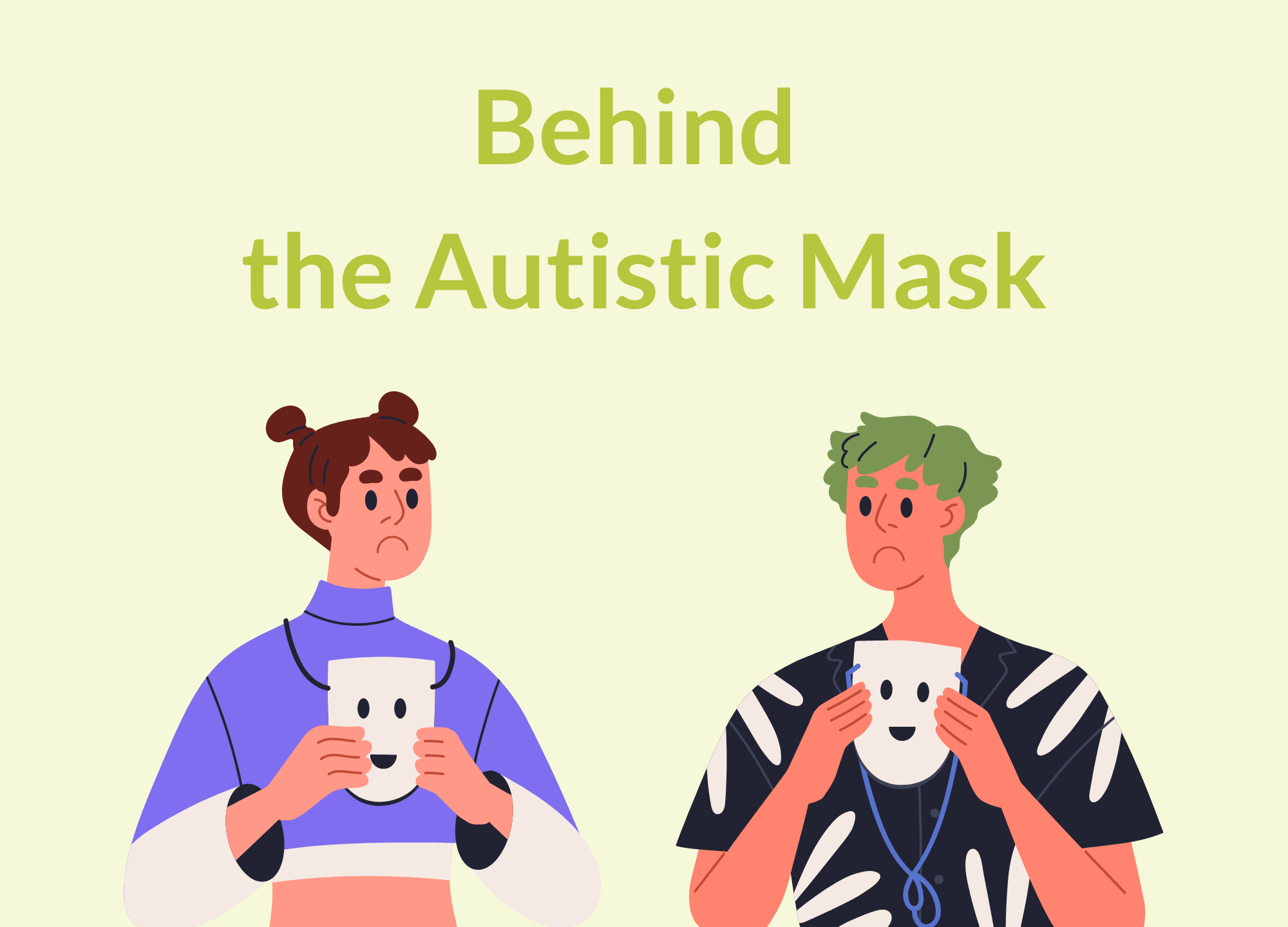
Diagnostic concerns and revisions to the DSM 5
CAT-Q Camouflaging Test
If you’d like to Assess if you might be camouflaging your Autism, the free test is quick, easy, and provides instant results.
Join Our Newsletter Today!
We hope this topic was helpful and interesting! If you’d like to keep learning more, join our mailing list. We’ll send you more info sheets, free webinars, podcasts, and blog posts – all kinds of great stuff! And don’t worry—you can unsubscribe anytime if you change your mind. Thanks again!
"*" indicates required fields
